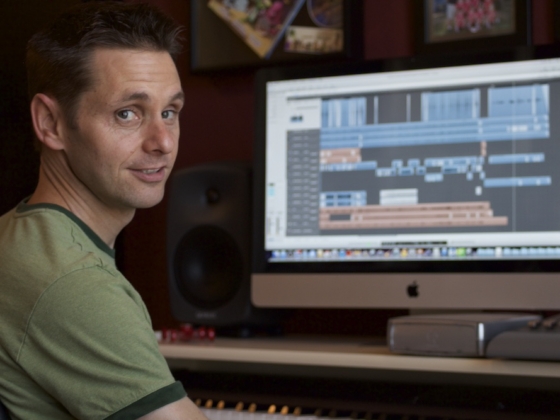BOLDEN. shares compelling “Cold nights and city bike rides”

Hailing from the underground scene in the UK, the unique and riveting jazztronica duo BOLDEN. has just shared their latest single. Entitled “Cold nights and city bike rides.”, the track…
Share




